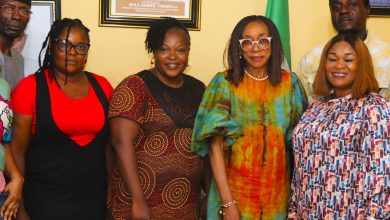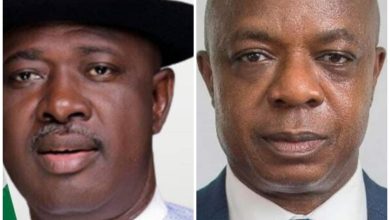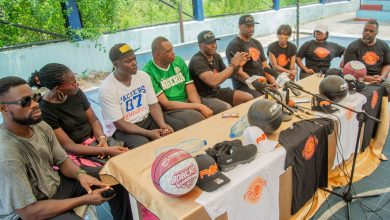2023 Election: Women and Youths Must Get Involved.
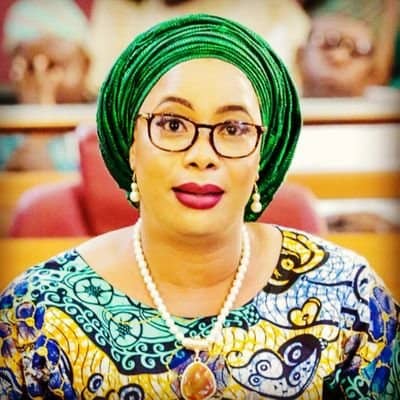
Women and youths have often been poorly represented in Nigeria’s politics.
The trend has continued despite efforts to increase women and youths’ involvement in the political process.
About half of Nigeria’s population are women, making it easy to expect them to dominate the political terrain.
The National Gender Policy recommends thirty-five per cent affirmative action and more inclusive participation of women in politics.
But the number of women currently holding elective positions remain a far cry from their male counterparts.
At the national level, seven out of one hundred and nine senators are women, representing six point four per cent, and twenty-two out of three hundred and sixty members of the House of Representatives are women representing six point one per cent.
At the Lagos State House of Assembly, there are three women out of forty members of the House, representing seven-point five per cent.
One of the women lawmakers, Mrs Mojisolaoluwa Alli-Macaulay representing Amuwo-Odofin constituency one, said the political system in the country discouraged women participation.
“Our political policies that are undermining the participation of women in politics. Now the other part of it is the societal trajectory that dissuades or discourages women participation in politics,” said Alli-Macaulay.
A woman and youth presidential hopeful, Mrs Khadijat Okunnu-Lawal, said women and youth had to show interest in politics if they were to change the country’s situation.
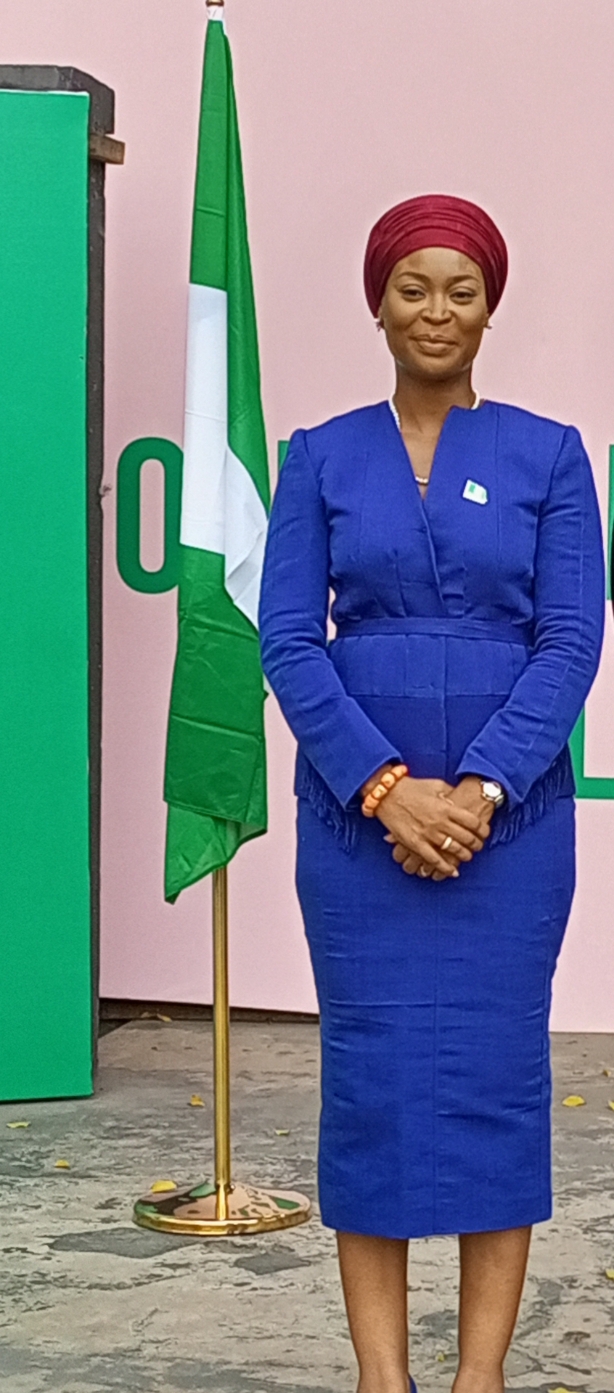
“The narrative that has been put forward is ‘go start somewhere and work your way up,’ but that is just the narrative because the system is designed to make you fail. You get in there; you get compromised along the way. You can’t make any difference,” explained Okunnu-Lawal.
Mrs Alli-Macaulay said most male politicians did not allow their wives to join politics, almost reducing women’s participation in politics to singing and dancing during political rallies.
“They who are in politics know what they do to women who have been brave, who have been able to survive the tide in politics. This same set of men are those who actually drive our political parties who will not come up with policies that will entice women to come and join politics. All you see women do is to dance at campaign rallies, and then, they end up becoming women leaders,” lamented Alli-Macaulay.
But as women struggle in the political terrain, so are youths, despite the Age Reduction Act popularly called the Not Too Young to Run law, which reduces the age for aspiring for some political offices.
The Convener of the CountryFirst Movement, Professor Chris Nwaokobia, who contested the presidential election at the age of forty, said the biggest challenge to youth participation in politics was the cost of political campaigns.
“On posters alone, I spent close to 500 million [naira]. Now, where did I get the money from? You think about that on posters alone. So, when you expect young people to galvanize and mobilize, we also must realize that the economic situation of the country is affecting them badly,” said Nwaokobia.
Mrs Okunnu-Lawal said the time had come for youths to stop complaining and stand up for their generation.
She said, “I think it’s time for the youth to stand up. Most of the leaders that we have, they have failed us, and that’s the truth. There is no need talking in hush tones anymore. Let’s start the conversation on a national stage. People are complaining; people are tired. But it seems like nobody really wants to have this conversation for some reasons.”
Professor Nwaokobia agreed that complaining was counterproductive, and he also called on youths to make good use of social media to drive positive change in the polity.
“We must get politically involved rather than walking the streets and using the social media to antagonize the political operators of now. We must begin to mobilize, create foundations, create structures, and if you like, contest for councillorship, contest for local government chairmanship, and House of Assembly. We must begin to proactively and progressively involve each other; connect with each other. Instead of crying over spilled milk, the singsong should be ‘go get your PVC, 2023 is coming’.”
With political gladiators calculating and devising strategies ahead of next year’s general election, women and youths have been urged to join the campaign and support fellow women and youths in the quest for a more inclusive government.

